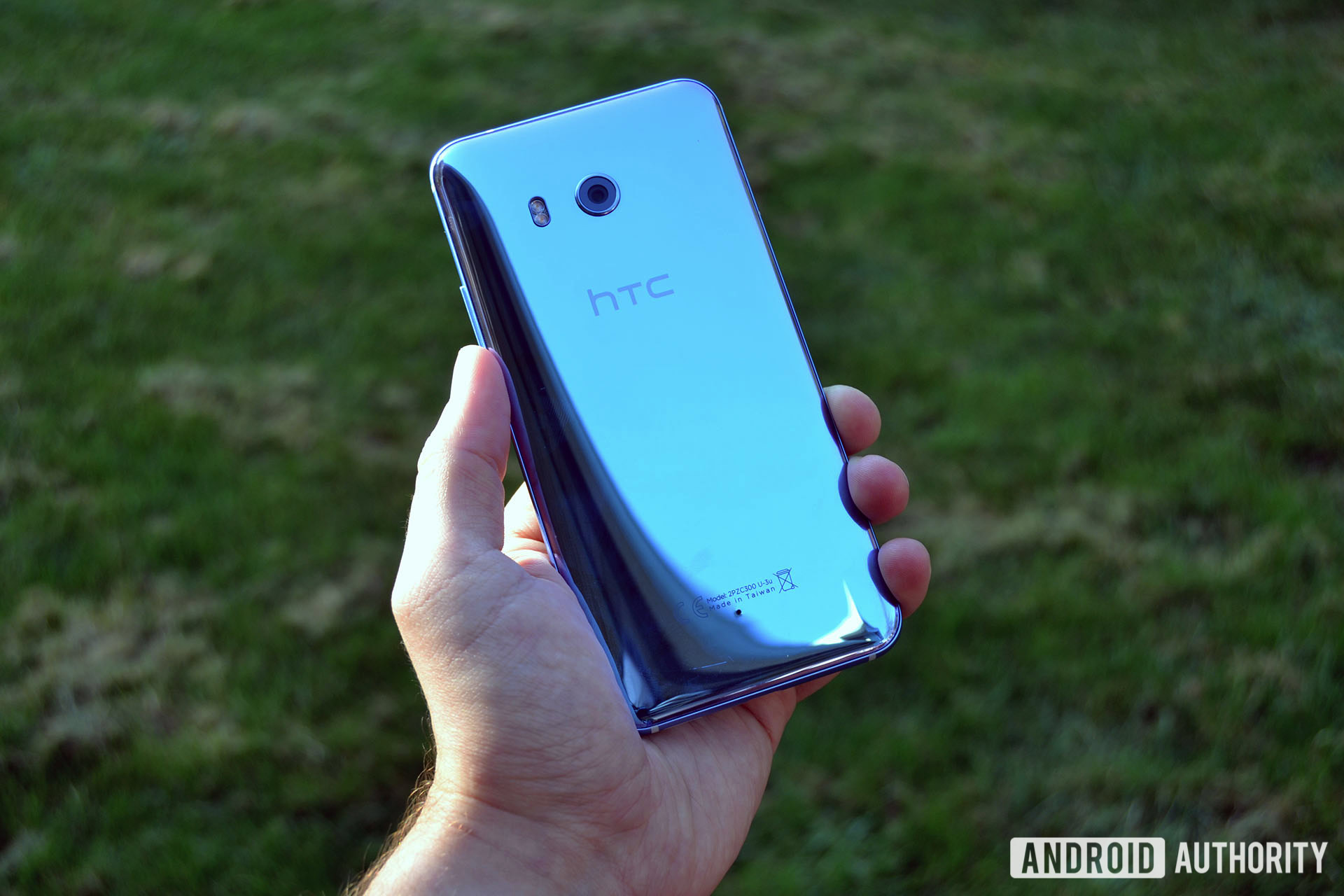Affiliate links on Android Authority may earn us a commission. Learn more.
All it took was $1.1 billion for a part of HTCto be a part of Google
Published onSeptember 20, 2017

The idea that Google would purchase at least part of Taiwanese smartphone maker HTC was something that cropped up in the rumor mill from time to time, but it was also something that hit overdrive not too long ago. That notion is no longer a rumor as Google officially announced that it has purchased HTC’s “Powered by HTC” research and development division for $1.1 billion.
It wasn’t a particularly small division, either — Powered by HTCcomprised half of HTC’s overall R&D team, which makes sense given that the division was in charge of Google’s Pixel and Pixel XL. The deal also gives Google a non-exclusive license for HTC’s intellectual property, which will surely come in handy with future devices.
Counter to previous reports, however, the $1.1 billion deal does not mean that HTCwill exit the smartphone market. According to HTCchief financial officer Peter Shen, the Taiwanese outfit will continue to exist as an independent company and develop its own smartphones, including the company’s next flagship.

Because of that, the deal does not grant Google access to any of HTC’s manufacturing facilities — only the employees and the IP portfolio. Even so, Google’s now-larger hardware team could allow the company to create more diverse smartphones and possibly its own SoCs, though the latter may come further down the road.
In a statement, Google senior vice president of hardware Rick Osterloh said:
That’s why we’ve signed an agreement with HTC, a leader in consumer electronics, that will fuel even more product innovation in the years ahead.
As for HTC, it looks to use the $1.1 billion to stay afloat in the smartphone and VR markets, so the company is not in the clear just yet. According to the company, the deal gives it “a more streamlined product portfolio, greater operational efficiency and financial flexibility.”
The $1.1 billion deal is expected to be approved and closed by early 2018.